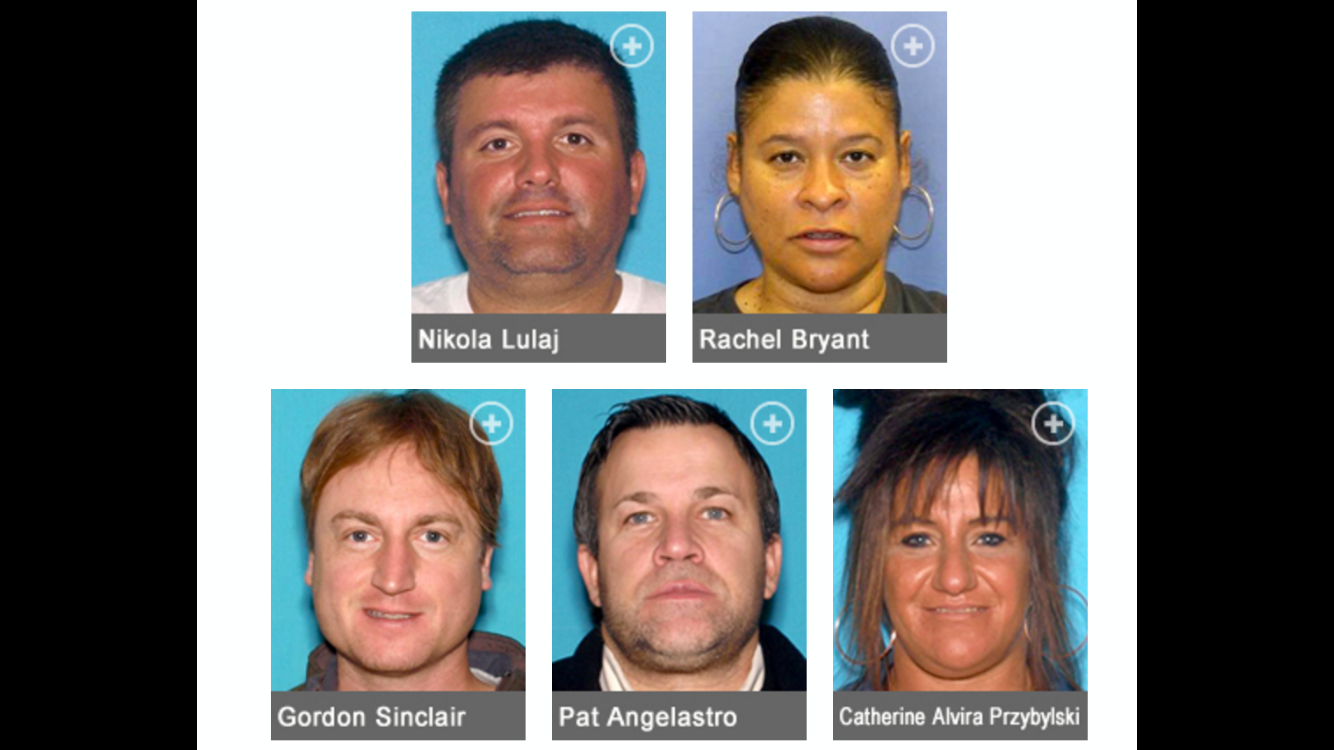5 more charged with Sandy relief fraud

(Image: New Jersey Office of the Attorney General)
New Jersey authorities have charged criminally five more people with filing fraudulent applications for federal relief funds related to Superstorm Sandy, state officials announced.
State authorities have charged 62 people for allegedly engaging in this type of fraud since March 2014.
The state alleges that, in most cases, the charged individuals have filed fraudulent applications for relief funds offered by the Federal Emergency Management Agency (FEMA), and in some cases, also applied for funds from a Sandy relief program funded by the U.S. Department of Housing and Urban Development or low-interest disaster loans from the Small Business Administration.
“Each of these defendants knew the requirements to qualify for this disaster aid, but each selfishly lied about their circumstances to steal funding intended for those hardest hit by Sandy, namely homeowners who were left homeless and displaced renters forced to pay for new leases,” said Acting Attorney General Robert Lougy. “It’s a sad truth that even in the direst of emergencies, when so many generous people step forward to lend a hand, there are others who will dishonestly exploit an offer of assistance.”
Those most recently charged include Nikola Lulaj, 42, of Seaside Heights, NJ; Rachel Bryant, 53, of Philadelphia, PA; Gordon Sinclair, 40, of Summit, NJ; Pat G. Angelastro, 46, of Ortley Beach, NJ; and Catherine Alvira-Przybylski, 45, of Keyport, NJ.
All were charged through a complaint-summons, authorities said.
[Click here to read the allegations against each defendant.]
“We need to ensure that limited disaster relief funds are allocated to eligible victims who have the greatest needs,” said Director Elie Honig of the Division of Criminal Justice. “Through these prosecutions, we’re sending a message of zero tolerance that should deter this criminal conduct in future emergencies, so relief administrators can focus on recovery instead of policing fraud.”
WHYY is your source for fact-based, in-depth journalism and information. As a nonprofit organization, we rely on financial support from readers like you. Please give today.

